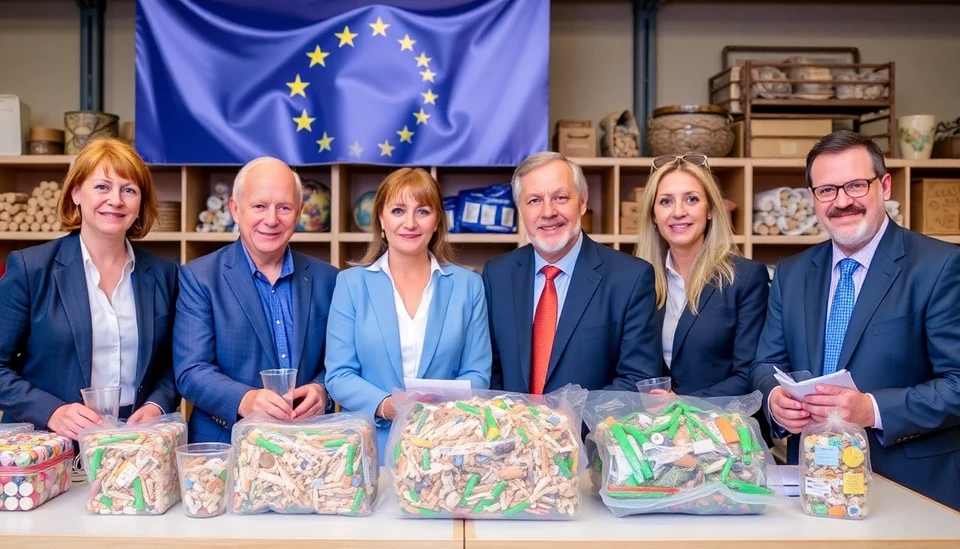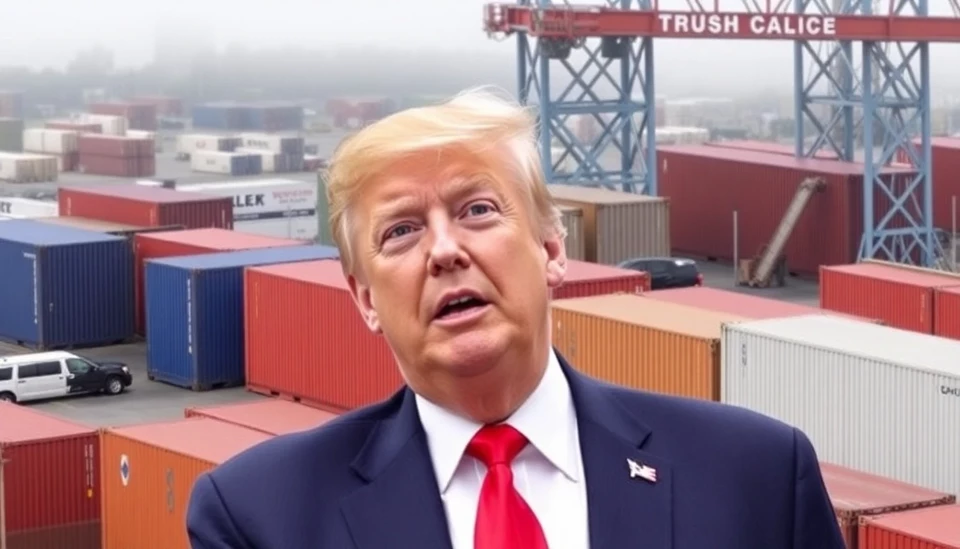
In a bold move towards sustainability, the European Union's environment chief has expressed optimism about the potential of recycled raw materials to shape a greener future for the continent. The remarks come amidst ongoing discussions on how to effectively transition away from reliance on virgin resources by championing the recycling industry.
Frans Timmermans, the European Commission's Executive Vice President for the European Green Deal, underscored the necessity of embracing recycled materials as Europe faces mounting environmental challenges. He emphasized that increasing the use of recycled materials will not only serve environmental goals but also bolster economic growth within the EU.
“We must move beyond traditional waste management and embrace innovative solutions that enhance the circular economy,” Timmermans stated during a recent conference aimed at promoting sustainable practices. He highlighted the significant economic opportunities that lie in recycling, noting that an investment in this sector could result in thousands of new jobs across Europe.
The environment chief also insisted that Europe could serve as a global leader in the recycling industry, leveraging its advanced technology and strong regulatory frameworks. Timmermans urged businesses to invest in production processes that prioritize sustainability and to develop products designed for reuse and recyclability.
“In the coming years, we will see remarkable advancements in recycling technologies that will enable us to reclaim valuable materials from waste. It is crucial for industries to adapt and innovate, aligning with our commitment to achieving climate neutrality,” he explained.
One of the significant challenges highlighted by Timmermans is the current global supply chain pressures, which have made the case for localized production and the use of recycled materials even more compelling. He pointed out that reducing dependency on imported raw materials could enhance Europe's strategic autonomy while simultaneously cutting carbon emissions associated with transport and extraction processes.
Additionally, Timmermans called for stronger collaboration among EU member states to develop favorable policies that incentivize recycling initiatives. Such policies could include improved waste collection systems, educational campaigns about recycling, and grants for research into sustainable technologies.
The environment chief’s remarks have sparked discussions among policymakers and industry leaders alike, with many expressing support for initiatives that can enhance the recycling ecosystem across Europe. As cities and communities strive to meet ambitious sustainability targets, the emphasis on recycled materials is anticipated to play a pivotal role in shaping the continent’s environmental agenda.
With the EU’s commitment to becoming climate neutral by 2050, the time is ripe for investment in sustainable practices. This shift towards recycling not only addresses pressing environmental issues but also promotes innovation and economic resilience within the European Union.
As momentum builds around this transformative approach, stakeholders are encouraged to prioritize sustainability and consider the long-term benefits of embracing a circular economy where recycled raw materials take center stage.
#EU #Environment #Sustainability #Recycling #CircularEconomy #FransTimmermans
Author: Peter Collins




